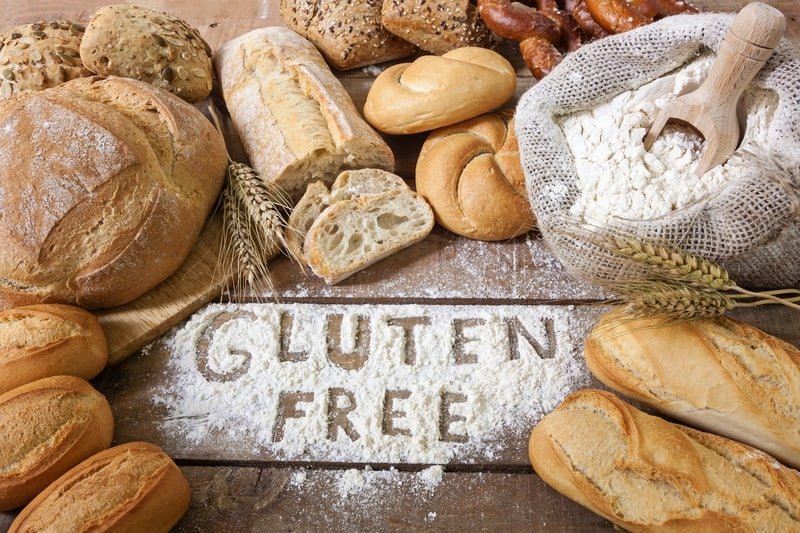Gluten-Free: What Exactly Does It Mean?
Eating gluten-free seems to be the new hot topic diet idea. However, there is more to gluten and whether you should allow it in your diet than what you might think. Gluten is definitely more than the bad rap that it sometimes gets, and can even be healthy in some situations. There are also situations, like when you’re diagnosed with something called celiac disease, that gluten can lead to significant health problems. This article will discuss exactly what gluten is and ways to avoid it.
What is Gluten
Gluten is a protein in wheat and other grains responsible for its elasticity and usually comes in bread and wheat based products. This is not the only place that you can find gluten, and that’s part of what makes it so tricky to watch out for. Gluten is found specifically in wheat, barley, and rye. If you have a gluten sensitivity or other valid reason to avoid gluten, then it’s also recommended that you avoid oats unless they are certified gluten-free. The reason for this is that there can potentially be cross-contamination in the fields they are grown in.
Why People Go Gluten-Free
There are some instances where avoiding gluten is mandatory. Celiac disease is an autoimmune disorder where the body attacks the small intestine where gluten is absorbed. This can lead to the destruction of the intestines, malabsorption of food, and many vitamin and mineral deficiencies.
It’s also possible you may have a sensitivity to gluten, and in this case, you should also avoid it or only consume it in minimal amounts. Either way, you should visit your doctor or dietician before switching your diet to ensure an accurate diagnosis.
For the majority of people who are not diagnosed with these issues, switching to a gluten-free diet has not been proven to have any real benefits, and in fact, may be more expensive and lacking in some essential nutrients. However, some people opt to go gluten-free for fitness reasons, believing that it will help decrease gastrointestinal upsets, such as diarrhea, bloating, and general stomach pains.
Whole grains such as wheat and barley contain many essential B vitamins, iron and fiber, and you’re going to need them, so why eliminate them from your diet? If you’re not gluten intolerant, removing healthy grains more of an inconvenience than anything else. It’s also important to keep in mind that gluten-free breads, crackers, cereals, etc., are still sources of carbohydrates, just gluten-free carbohydrates so it won’t be too much of a benefit. Gluten-free food does not automatically mean it’s “healthier” than a food containing gluten.
Conclusion
As you can see, there are valid reasons to drop gluten from your diet, but there are also excellent reasons to continue to consume it. If you have a concern that your body may be reacting negatively to gluten, it’s best to visit a doctor to find any alternative solutions before deciding to change your diet. And if you’re interesting in learning more about cutting fat and losing weight, it’s better to look at other alternatives and diets instead.
References:
What is gluten, and why is it bad for some people? | Medical News Today
Will Going Gluten Free Help You Lose Fat Faster? | Total Health Fitness: Nutritionist and Meal Plans


